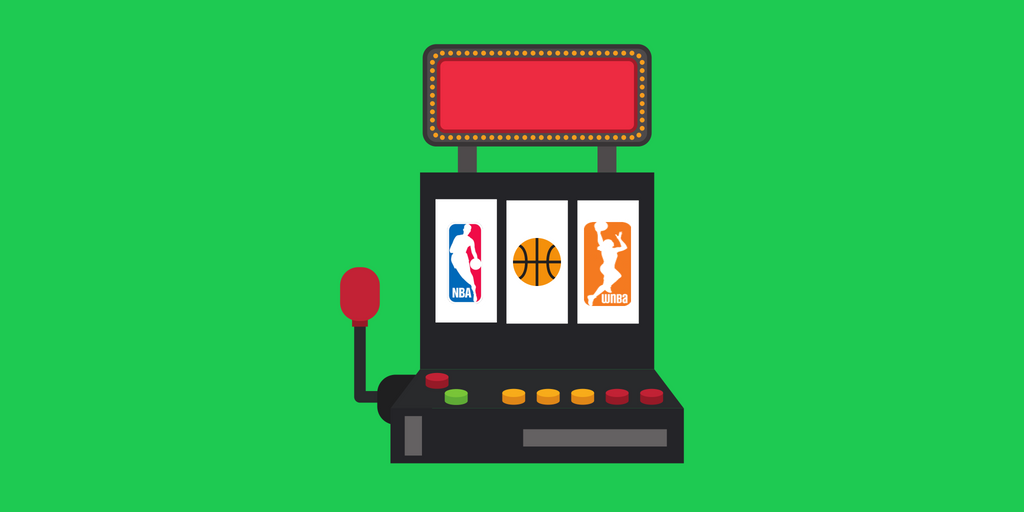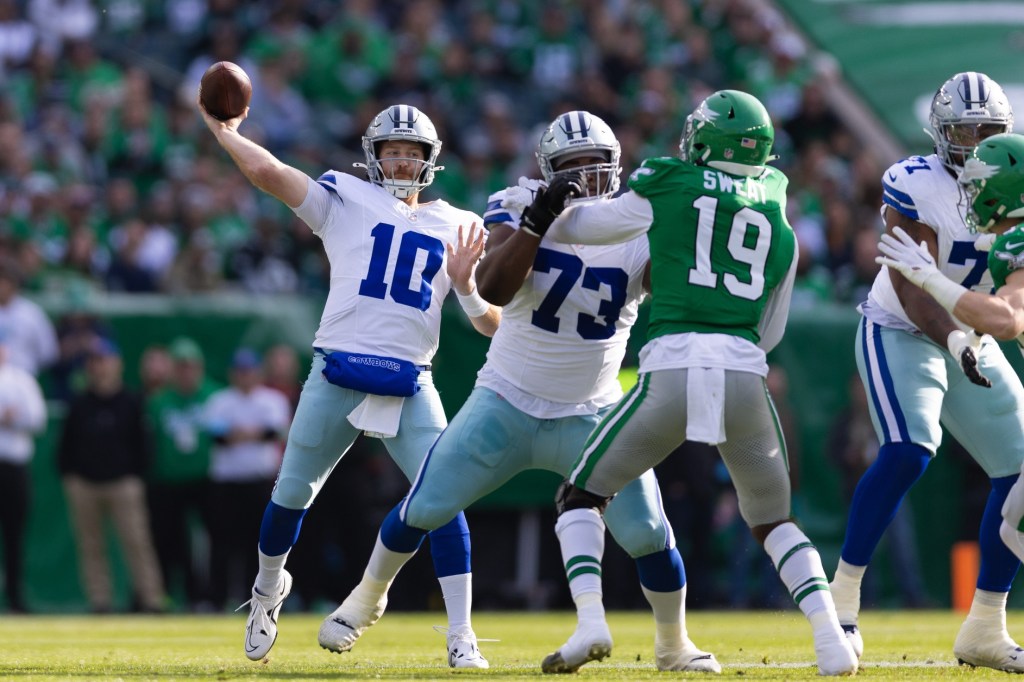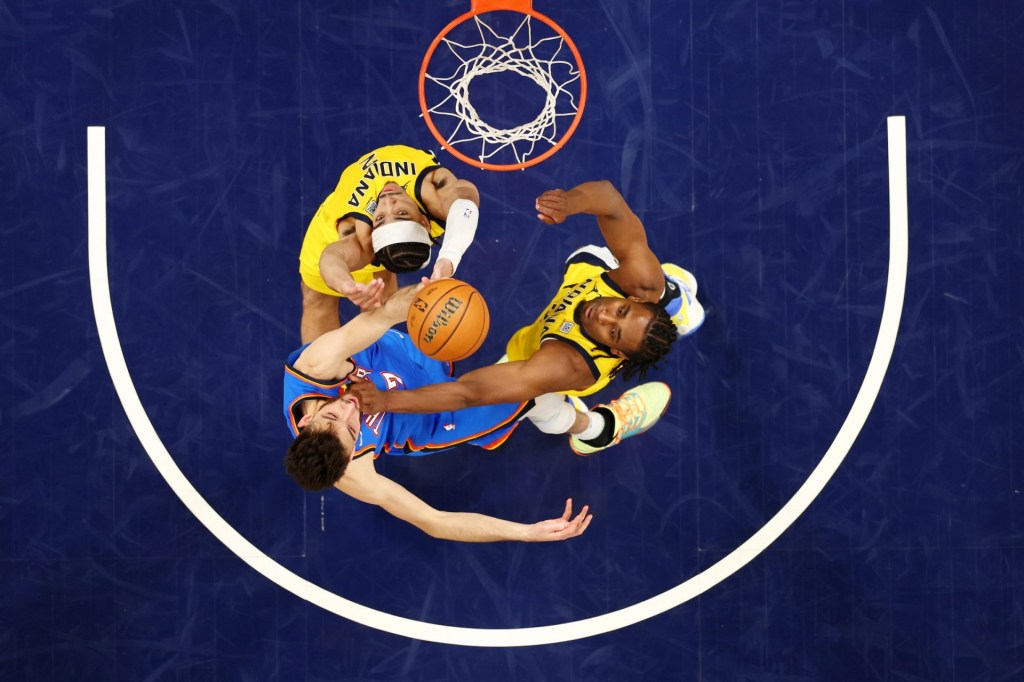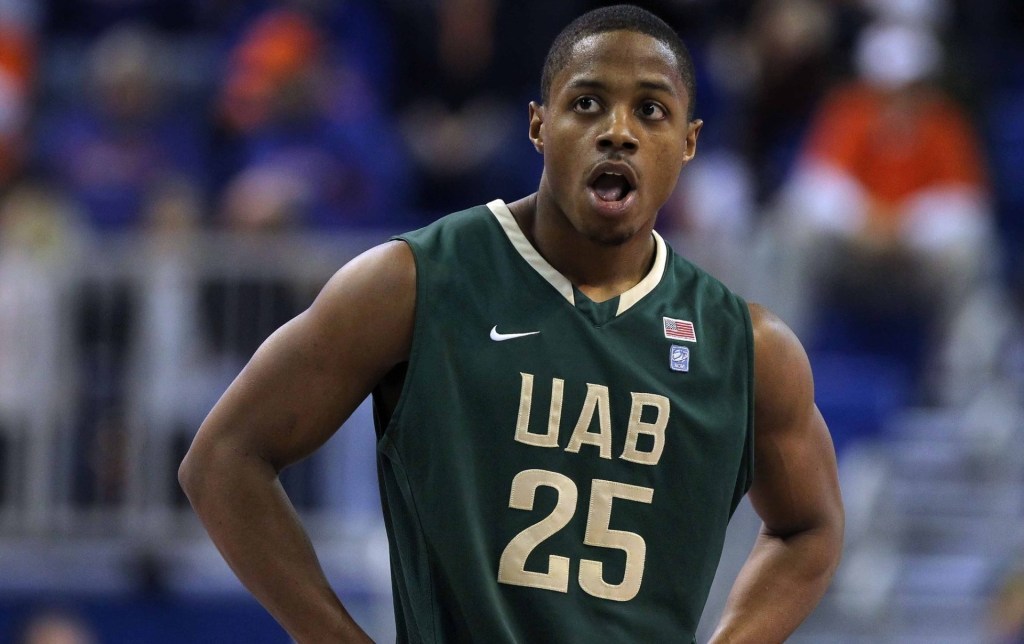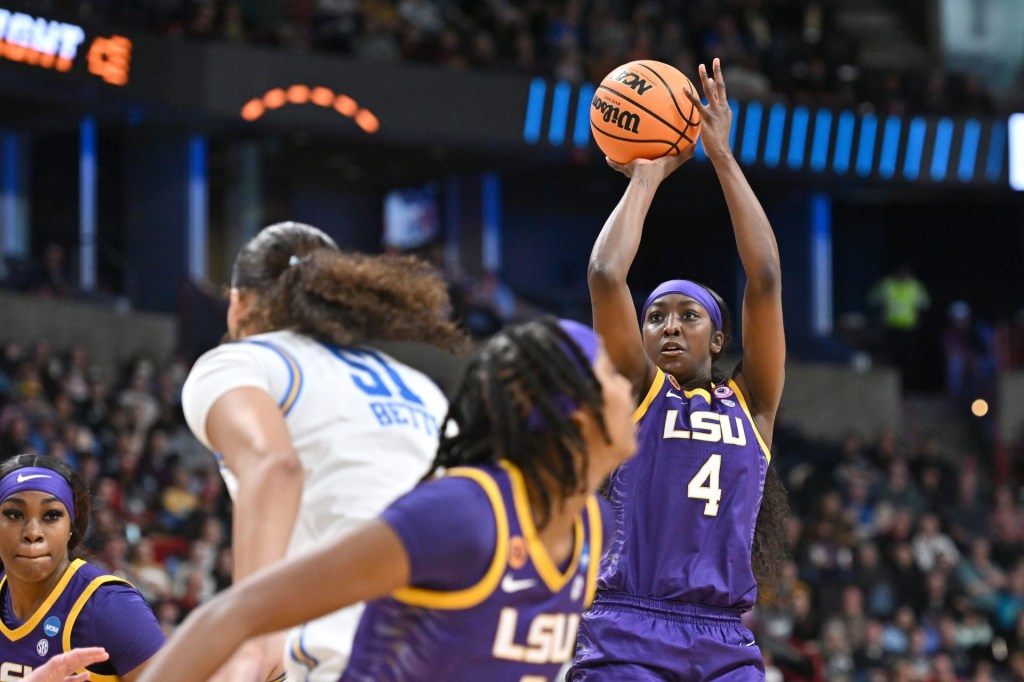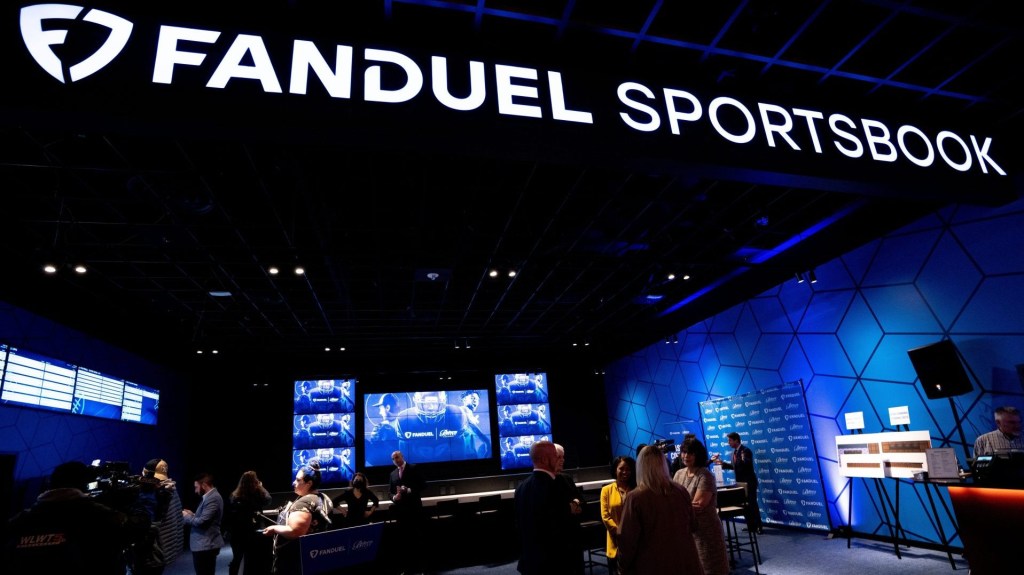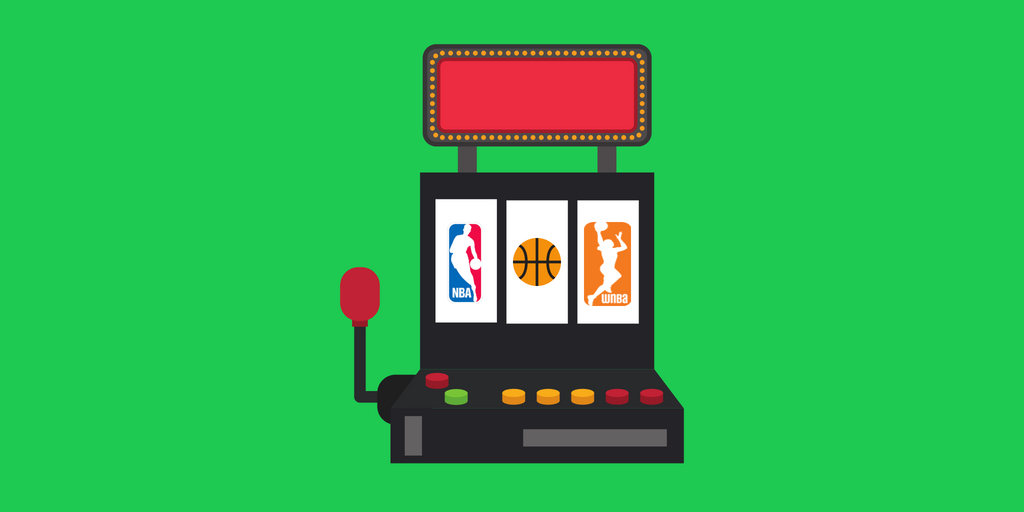
The sports gambling world, something that has long been vaguely alluded to during live broadcasts or mentioned in passing on various pregame, postgame, and sports wrap-up shows, is now set to take center stage in the media pipeline.
Sure, we’ve always had commentators mentioning “the line,” or the “over/under,” with a sly wink and a nod, but now a full slate devoted entirely to sports gambling is on its way. We bet you’ve already heard, but earlier this year SCOTUS announced a landmark decision that paves the way for states to legalize sports betting.
[mc4wp_form id=”8260″]
Now, we’re starting to see just what that might mean for the future of the sports media landscape.
Almost immediately after the decision was made, there were murmurs of projects that sports media giants ESPN, FS1 and NBCSN had in the works to capitalize on the development. Those are now being revealed, as ESPN partnered with Chad Millman and The Action Network to produce a show called “I’ll Take That Bet” that will air on their ESPN+ streaming service; NBCSN has continued to “plan and explore;” and perhaps most notably, Fox Sports has created a sports-gambling driven show featuring Brent Musburger that will be rolling out on Fox Sports 1.
It’s that last one on FS1 that may be the most groundbreaking so far because, as Michael McCarthy noted, “it will be one of the first major sports betting shows to air on pay cable TV. Most gambling shows are offered via over-the-top (OTT) streaming options.”
This opens the door to what Will Leitch of NY Magazine posits will become our “new gambling hell,” as he expects sports media to treat the new frontier provided by sports betting as the Wild West during the Gold Rush. Here come the 49ers, and no, that’s not a Super Bowl prediction. Leitch is fearful that “the ever-fluctuating sports-media business is jumping in,” and expects to gambling-based programming and experts to start popping up everywhere.
“What I’m most concerned with is how it’s going to affect the actual experience of watching sports, as a fan. I think it’s going to make it appreciably worse,” Leitch stated in his article.
Tom Richardson, who serves as SVP of strategy and development for Mercury Intermedia and as a professor at Columbia University’s Sports Management graduate program with a course dedicated to Digital Sports Media & Marketing, is not nearly as morose. Actually, if anything, he’s intrigued.
As a keen observer of the industry, Richardson mentioned that one of the biggest questions currently facing sports media (digital and otherwise) is gambling and the impact that will have on the entire ecosystem. “Earlier this year we had Matt Restivo, chief product officer of the Action Network, on our (Columbia’s sports business) podcast and did a deep dive into what it means for companies providing content and potential applications, how important newer digital platforms, particularly mobile, will be at this point in history,” Richardson stated.
While Richardson said that he is “fascinated to see who will win the day with consumer engagement around their gambling information and data,” it’s not like we haven’t experienced something similar in the sports media industry already. The same thing happened with the rapid rise of fantasy sports — especially daily formats.
“Expect an accelerated version of the daily fantasy explosion,” Richardson predicted. “Fantasy had been around for a while, but then a more dramatic boom cycle really started with Daily Fantasy Sports (DFS). Then the fantasy coverage started getting fully integrated into mainstream sports programming across digital and on TV, and a bit of a consumer app arms race began.”
The vast majority of sports media companies will begin including sports betting coverage to some degree, it’s just a matter of who emerges. Similar to the path followed by fantasy sports coverage, Richardson expects that those that will do it best are likely to be the media and content companies with corresponding sports betting app, subscription service, or some other vested interest.
“Again, look back at the path followed by DFS. Those most aggressive with producing and expanding quality DFS coverage were those with some sort of related business interest; like ESPN and Yahoo. They wanted their content to draw people to their particular Fantasy Sports platforms, helping them stand out and drive deeper engagement,” Richardson explained.
Ultimately, the digital media veteran foresees gambling-related content in sports coming down to a “challenge of sourcing and/or creating the best mix of reliable data and quality content, and then packaging it in outstanding user experiences, such as native mobile applications.” What separates this a bit from more “traditional” coverage, especially TV, is that the digital product experience is so crucial, i.e. it may not necessarily be about who has the best information or is the best writer, broadcaster, or personality that proves to be most successful.
A big part of it is accessibility, since user engagement is such a big part of the sports gambling ecosystem. Is the coverage easy to get to, well-integrated with a particular sports-betting platform, and hopefully at least somewhat more accurate than people throwing at a dartboard? That’s what will stand out and endure what may be a bit of a “sports-betting bubble” at first.
[mc4wp_form id=”8260″]
There are far more decisions to be made, although if anything is apparent, it could be that we may be overstating just how “disruptive,” something like this will be; it just happened with the rise of DFS in sports media. Only in its infancy, the rise of sports betting content making its way into major media platforms is here.
It’s time to place your bets on who becomes gambling’s Matthew Berry and which network truly wins the new game.
